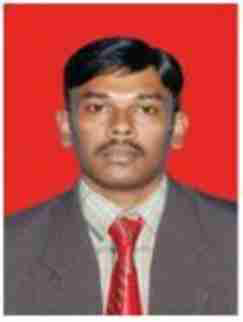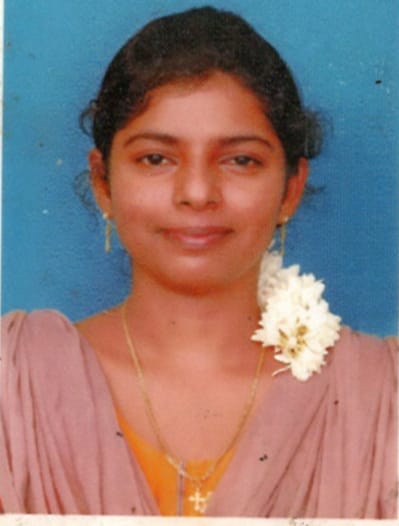The Post Graduate program M.E. Applied Electronics was started in the year 2012 under
the Department of Electronics and Communication Engineering with an intake of 18. This
two-year PG program delivers an extensive knowledge and imparts students with the
practical skill related to Applied Electronics. This course deals with application
aspect of programming paradigm and diverse computing environment/platform. The course is
designed in such a way to connect effectively the technical skills, abilities and acumen
of the students to transform them in to holistic engineers who develop tailor
made/customized application/software that encourages multi-pronged approach. The
curriculum in Applied Electronics Engineering lays greater emphasis on deep
understanding about Advancements in Digital Signal Processing, Microprocessors and
Microcontrollers, Analog ICs , computer architecture, VLSI and embedded systems.




